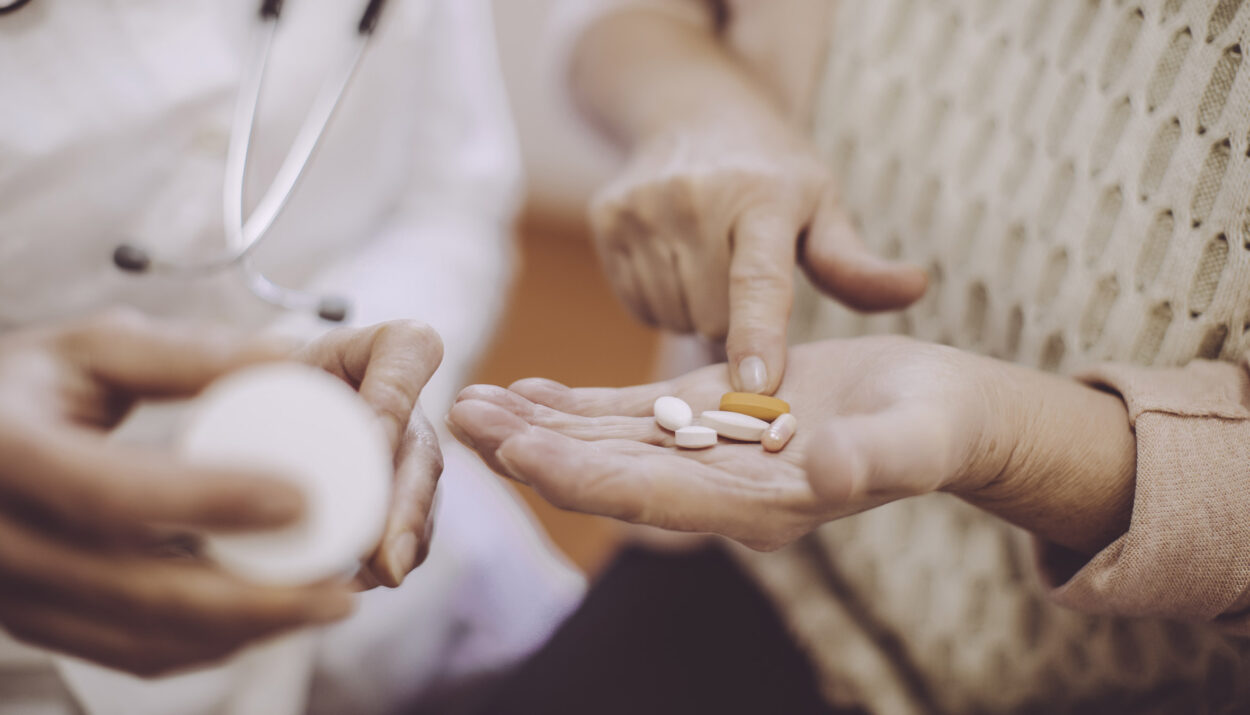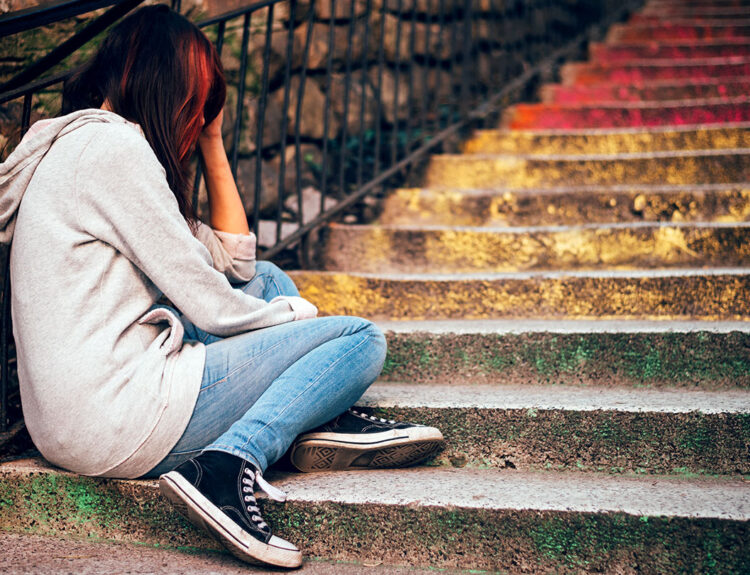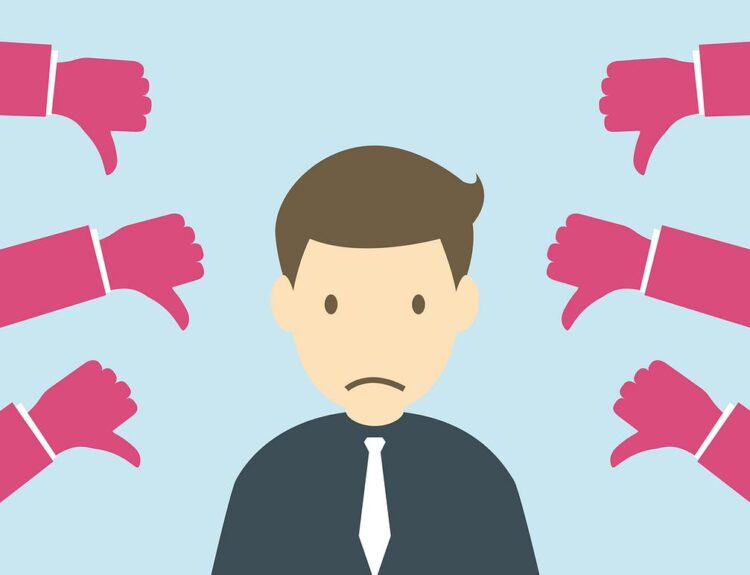[ad_1]
This article will discuss the potential dangers of mixing alcohol and antidepressants: What You Need to Know. Alcohol is a depressant and can interact with antidepressant medications, leading to harmful effects on both mental and physical health. Understanding the risks involved in combining these substances and taking steps to avoid the potential dangers is important.
What are the dangers of mixing alcohol and antidepressants?
When alcohol and antidepressants are combined, the effects can be extremely harmful. Alcohol is a central nervous system depressant, which means it slows down brain function and can exacerbate the sedative effects of some antidepressant medications. This can lead to drowsiness, dizziness, and impaired coordination. It can also increase the risk of accidents and injuries, as well as respiratory depression and overdose in extreme cases.
Furthermore, alcohol can affect the metabolism of certain antidepressants, leading to increased or decreased blood levels of the medication. This can result in reduced efficacy or increased side effects from the antidepressant. In some cases, the combination of alcohol and certain antidepressants can cause a rare but serious reaction known as serotonin syndrome, which can be life-threatening.
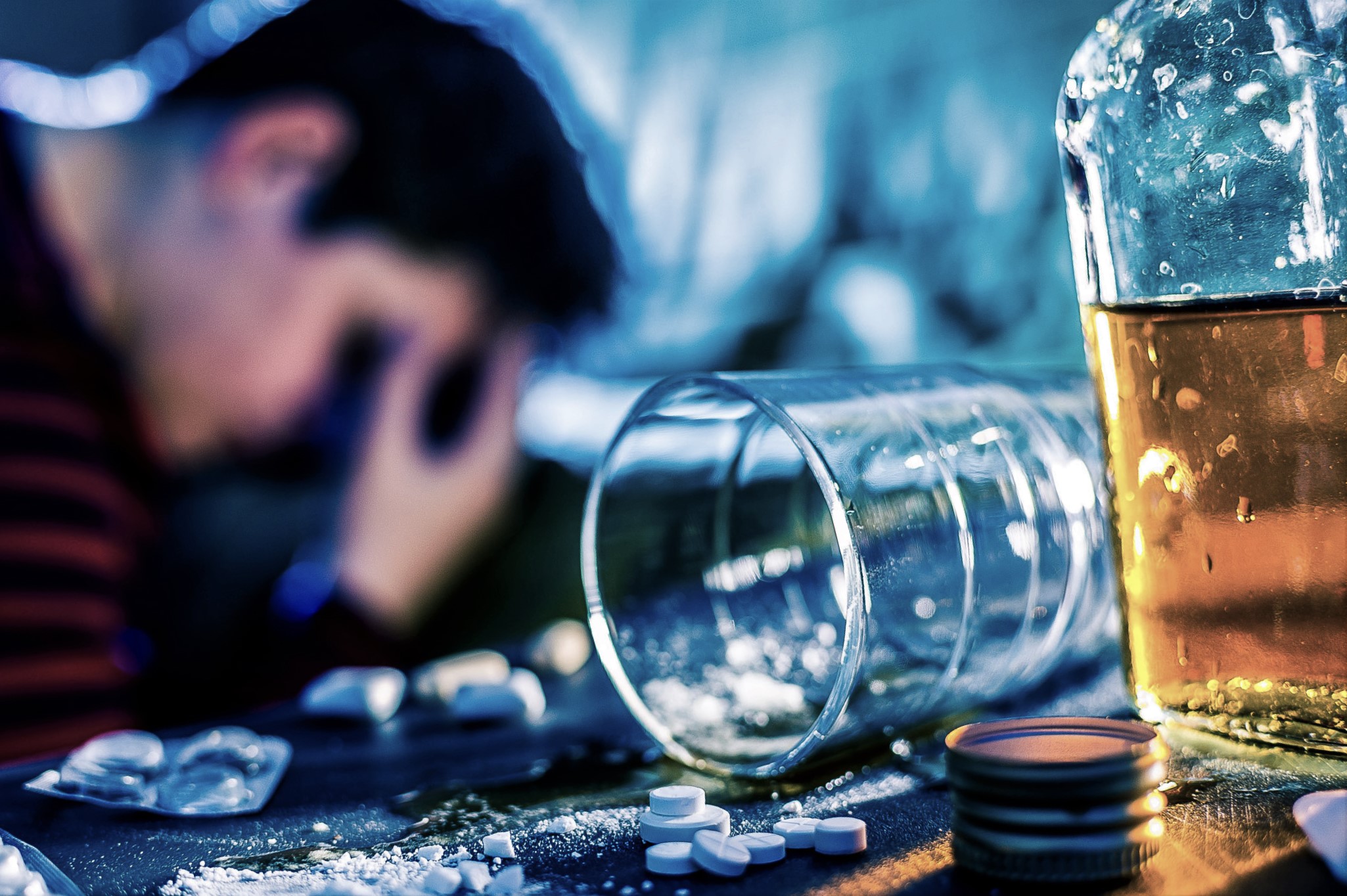
How does mixing alcohol and antidepressants affect mental health?
Combining alcohol and antidepressants can hurt mental health. Alcohol is a depressant and can worsen symptoms of depression and anxiety, which are the conditions that antidepressants are meant to treat. It can also interfere with the effectiveness of antidepressant medications, leading to a worsening of symptoms or a delay in improvement.
Additionally, the interaction between alcohol and antidepressants can contribute to mood swings, irritability, and other emotional disturbances. It can also increase the risk of developing substance abuse issues or addiction, as the combination of alcohol and antidepressants can lead to a cycle of dependence and increased tolerance.
How can I avoid the dangers of mixing alcohol and antidepressants?
To avoid the potential dangers of mixing alcohol and antidepressants, it is important to communicate openly and honestly with your healthcare provider. Make sure to inform them about your drinking habits and any current or past issues with alcohol. Your healthcare provider can help you determine whether it is safe to consume alcohol while taking antidepressants and provide guidance on how to do so in a responsible manner.
It is also important to read the labels on your medication and follow the instructions carefully. Some antidepressants have specific warnings about alcohol consumption, so it is crucial to adhere to the guidelines provided by your healthcare provider and the medication packaging. If you have any concerns or questions about mixing alcohol and antidepressants, do not hesitate to seek professional guidance.
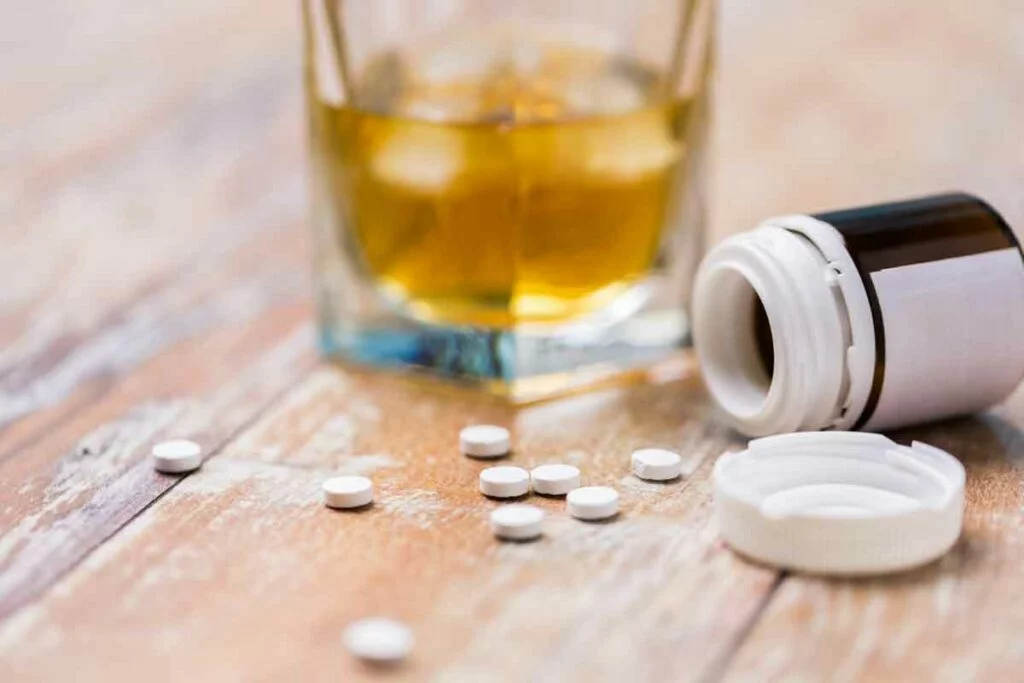
Conclusion
Combining alcohol and antidepressants can have serious and potentially life-threatening consequences. It is important to be aware of the risks and take steps to avoid the potential dangers. By communicating with your healthcare provider, following medication instructions, and making informed choices, you can protect your mental and physical health while taking antidepressants.
FAQs
1. Can I have an occasional drink while taking antidepressants?
It is best to consult with your healthcare provider before consuming alcohol while taking antidepressants. They can provide personalized guidance based on your medication and health history.
2. What are the signs of serotonin syndrome?
Signs of serotonin syndrome may include agitation, hallucinations, rapid heart rate, changes in blood pressure, fever, excessive sweating, shivering or trembling, muscle twitching, and, in severe cases, loss of consciousness or seizures.
3. Can alcohol worsen the side effects of antidepressants?
Yes, alcohol can exacerbate the side effects of antidepressants, such as dizziness, drowsiness, and impaired coordination. It can also interfere with the metabolism of certain antidepressant medications.
4. Are there any alternative ways to manage stress and improve mental health without alcohol or antidepressants?
Yes, there are many alternative ways to manage stress and improve mental health, such as therapy, exercise, mindfulness practices, and social support. It is important to explore these options and find healthy coping mechanisms that work for you.
5. What should I do if I accidentally consume alcohol while taking antidepressants?
If you accidentally consume alcohol while taking antidepressants, it is important to seek medical advice promptly. Your healthcare provider can assess the situation and guide you on how to manage any potential risks or interactions.
[ad_2]


